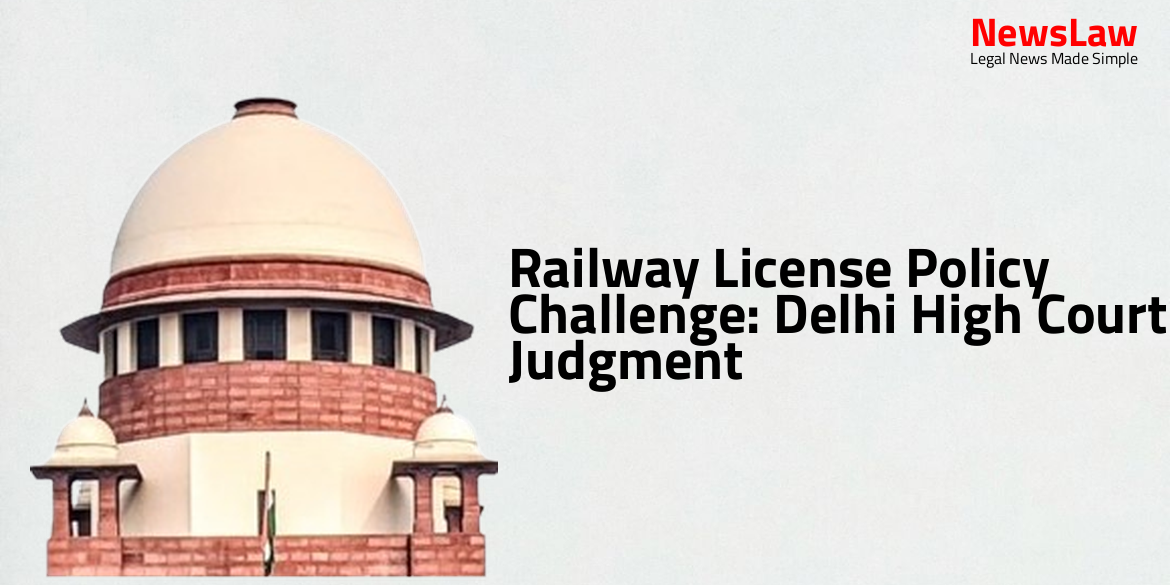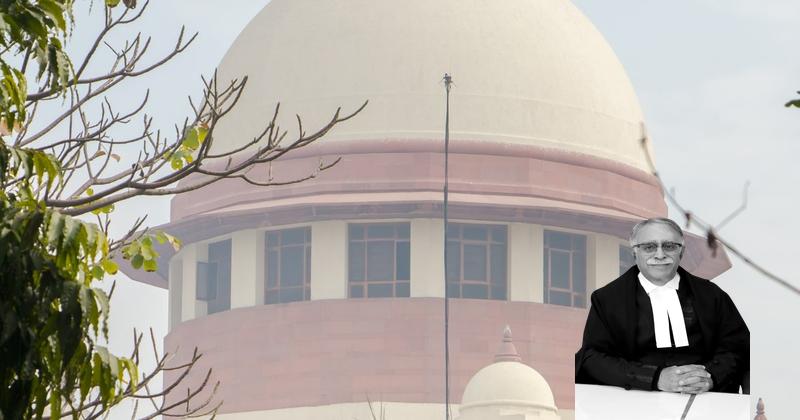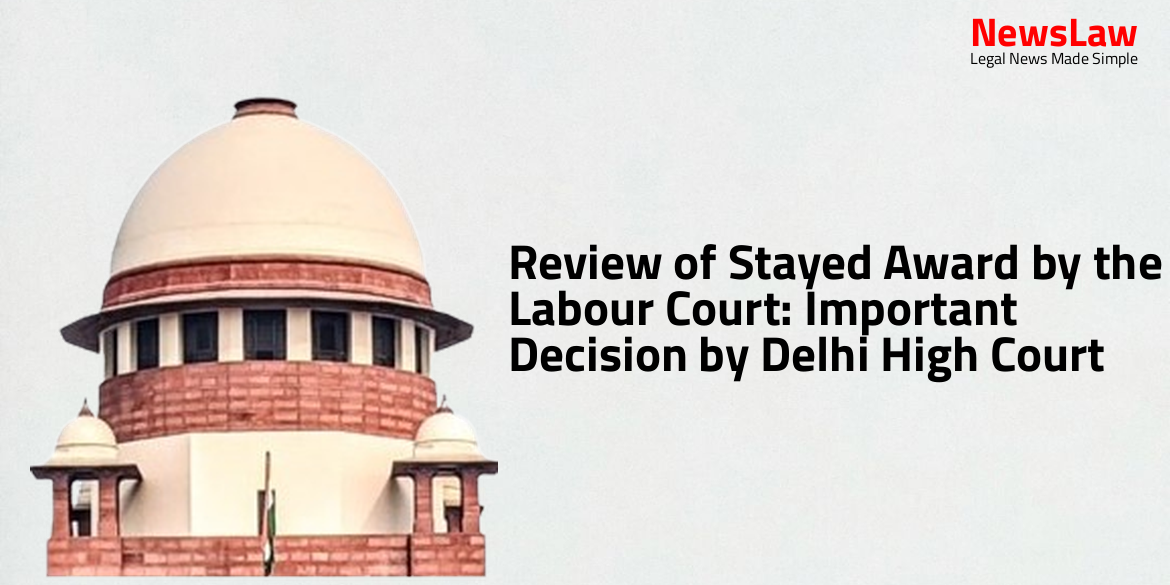In a notable legal case before the Delhi High Court, a challenge was brought forward regarding the Railway License Policy. The judgment addresses the concerns raised by the license holders and the railway authorities. Discover the insights and outcomes of this significant legal battle.
Facts
- The petitioners entered into Master License Agreements with the railway authorities on different dates.
- The tenure of the licenses was for five years from the date of conversion of stall/trolley till 21.12.2022, with no provision for extension or renewal.
- The petitioners were directed to vacate the premises by 27.02.2023 as per the agreements.
- Subsequent agreements were executed to confirm the license arrangements.
- Due to a force majeure event (Covid-19 lockdown), the tenure was extended by 68 days till 27.02.2023.
- Petitioner no.1 operates three MPS at Bareilly Railway Station, Petitioner no.2 operates one MPS at Moradabad Railway Station, and Petitioner no.3 operates one MPS at Haridwar Railway Station.
- The petitioners were initially running stalls/trolleys but were forced to convert to MPS as per the 2017 Policy by Northern Railway.
- The petitioners have challenged specific clauses of the 2017 Policy established by the Railway Board in Delhi.
Arguments
- The petitioners voluntarily submitted their applications to convert their stalls/trolleys to MPS units under Commercial Circular No.61 of 2017.
- The petitioners claim they converted under coercion, economic duress, and unequal bargaining position between themselves and the railways.
- The root cause for the punitive demands challenged in the petition is cited as paragraph 1744 of the Indian Railways Commercial Manual issued by the Railway Board.
- They argue that the 68-day contract extension due to Covid-19 is arbitrary, especially as other MPS units in different railway zones received longer dies non periods.
- They are seeking an extension of the license period proportionate to the reduction in fees due to decreased foot traffic during the lockdown.
- The petitioners are also seeking issuance of a writ of mandamus to compel the relevant zonal railways to renew and extend their licenses.
- The petitioners believe that the new policy under the 2017 Policy should allow for renewal and extension of licenses, citing various legal cases and arguments to support their position.
- They claim that the 2017 Policy gives them the right to continue their business and that the demand to compete against big companies is unfair.
- They argue that the existing stalls/trolleys should be governed as per past practice before the 2017 Policy was implemented.
- The petitioner signed a non-renewable five-year contract after being fully aware of the terms stated in the letter of award.
- The contract was based on a specific policy that was not Catering Policy, as contended by the petitioner.
- The petitioner cannot revert to a policy that is no longer in existence or applicable to the contract after its completion.
- The judgment of the Supreme Court cited by the petitioner was related to Catering Policy, not the specific policy under which the contract was signed.
- The petitioner enjoyed the benefits of the contract for five years and cannot now seek to go back on the terms agreed upon.
Analysis
- The petitioners benefited from the 2017 Policy with a five-year tenure but seek renewal despite no provision for it.
- Granting perpetual licenses goes against equality of opportunity guaranteed by the Constitution.
- Doctrine of legitimate expectation cannot be claimed as a right unless it violates Article 14 of the Constitution.
- The policy safeguards the rights of marginalized minorities and weaker sections as emphasized by the Supreme Court.
- A license does not create an interest in the property, unlike transfers under the Transfer of Property Act.
- The petitioners voluntarily converted their stalls to MPS, subject to zonal railways’ decisions.
- Challenging Clause 5 and 11 of the 2017 Policy is unsustainable as it explicitly disallows renewal and extension.
- Force Majeure clause was invoked for non-operational contracts due to the Covid-19 lockdown.
- The policy decision to re-tender all MPS units after expiry does not violate the right to livelihood of the petitioners.
- Challenges to the demands without questioning the validity of certain clauses are invalid.
- Reservation quotas are in place for various categories to ensure equitable opportunities.
- The Court has jurisdiction despite no cause of action in Delhi if the writ is to be issued to authorities in Delhi.
- The policy decision allows for fresh bids ensuring fairness in license allocation.
- Original names of parties are used in the judgment.
- The relevant extract from the judgment is provided in the summary.
- The specific part (STA) of the judgment is being summarized.
- The summary is structured in JSON format with an array of points.
- Judicial review of a policy decision and mandamus to frame policy are different.
- A writ of Mandamus requires a breach or threat to breach a fundamental, statutory, or enforceable equitable right.
- Courts cannot delve into intricacies of factual situations to act as an appellate authority.
- Legitimate expectation does not always entitle the expectant to relief.
- A public body cannot arbitrarily decline to renew a license without rational reasons.
- Courts have jurisdiction to declare laws unconstitutional.
- Merely because relaxation was granted in the past, does not establish a right to claim it in the future.
- Mandamus cannot be used to direct the enactment of laws or framing of rules.
- Mandamus is for enforcement of fundamental or statutory rights/duties.
- The petitioner and concerned railway authorities can invoke the arbitration clause if aggrieved due to insufficiency of extension on account of the Covid-19 situation.
- The 2017 Policy applicable to the licensees without formal execution of the license agreement also contains an arbitration clause.
- Arbitration proceedings can be initiated by the petitioners if they wish to claim damages on any account.
Decision
- The petitioners have applied for conversion of their miscellaneous stalls/trolleys to Multipurpose Stalls (MPS) as per the 2017 policy.
- They were given two options: either to convert to MPS with a 5-year tenure or continue with their existing stalls till the agreement expires.
- The petitioners chose to convert to MPS for the advantages offered by the 2017 Policy.
- After the current agreement period expires, new MPS will be allotted through the standard procedure.
- The petitioners have been granted a 3-month transition period to vacate the stalls after the extended license period.
- The renewal of licenses for existing stalls is on hold and conversion into MPS is encouraged as per the new policy.
Case Title: SH. SUNIL KUMAR KOMALCHAND JAI Vs. UNION OF INDIA & ORS. (2024:DHC:4452)
Case Number: W.P.(C)-16583/2023



